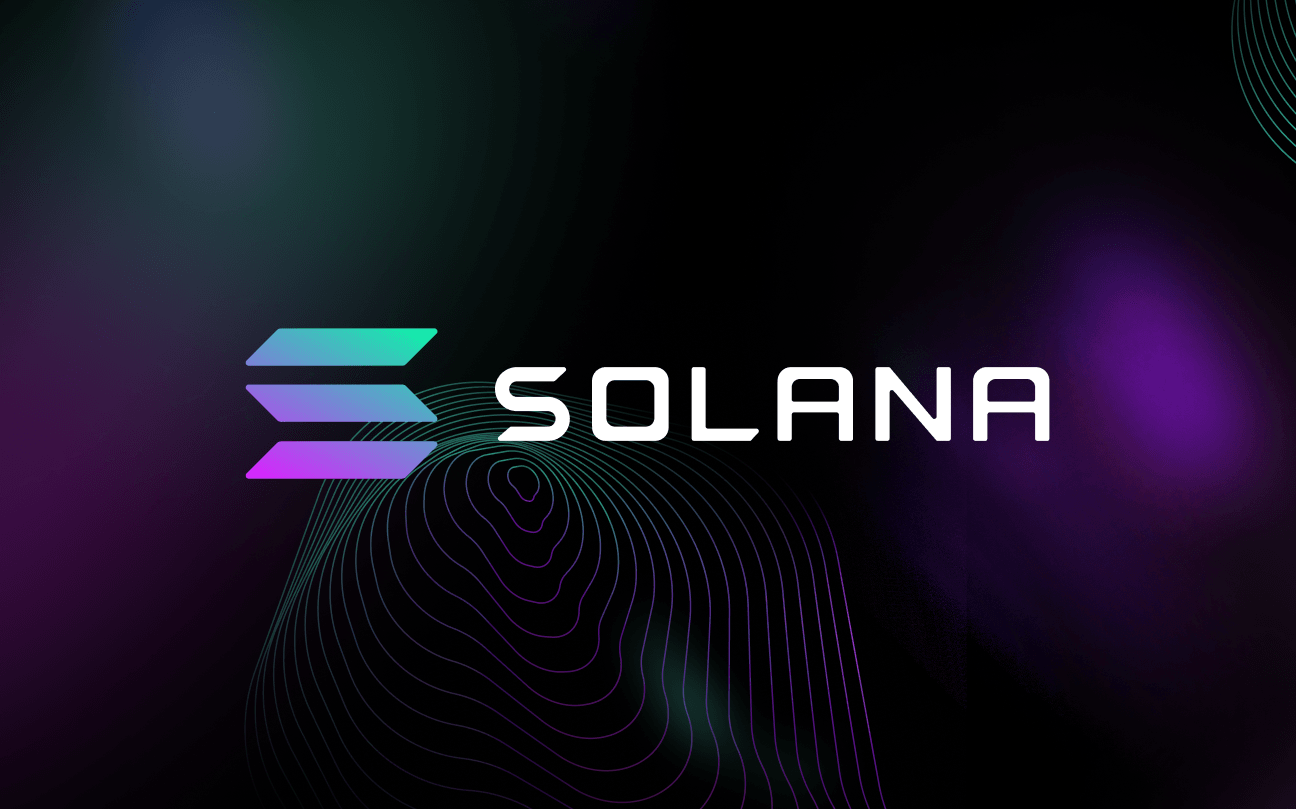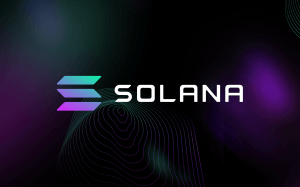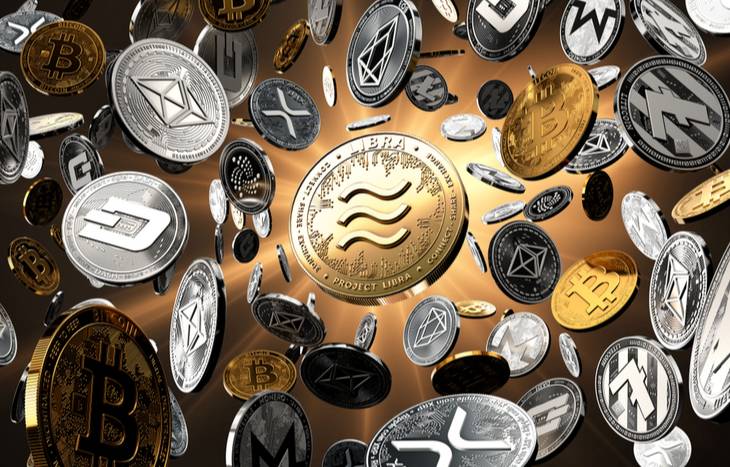Join Our Telegram channel to stay up to date on breaking news coverage
Solana, the fastest blockchain network, is leading the charts regarding on-chain development. The recent gains come despite the platform suffering from a distributed denial-of-service (DDoS) attack.
Moreover, the SOL token has not lost its position in the crypto charts, and it now ranks as the fifth-largest one in the market, with a market capitalisation of more than $48 billion.
Solana is still leading in on-chain development
Data from Santiment shows that the Solana blockchain has the highest daily GitHub submission rates, and it now ranks as the leading blockchain. The coin has overtaken Polkadot and Cardano to claim the top position.
Between November 12 and December 13, the GitHub submissions on the token increased to 90. This was significantly higher than the other blockchains such as Polkadot and Cardano, whose GitHub submissions are at 76 and 65, respectively.
The fifth-largest blockchain is believed to be the fastest one on the market, with the ability to process around 60,000 transactions per second. The rising adoption of the blockchain happened in August after gaining adoption from both non-fungible tokens (NFTs) and decentralised finance (DeFi) platforms.
The token suffers a DDoS attack
As aforementioned, the Solana blockchain recently suffered a DDoS attack. The attack happened last week, slowing down transactions on the network. Solana’s speed and scalability are its selling point; hence this attack led to adverse effects.
The blockchain managed to avert the attack without shutting down the network. Nevertheless, it raised questions on the security of the network. A DDoS attack happens when an attacker targets a network with high fake traffic.
Cybersecurity experts stated that this attack proved that there were flaws in the fundamental designs of the Solana network and the proof-of-history (PoH) consensus adopted by the blockchain.
Grayscale has also previously criticised the PoH consensus in a recent investment report. Grayscale noted that “the Solana consensus mechanism uses a new blockchain technology that is not widely used, and may not function as intended. There may be flaws in the cryptography underlying the network, including flaws that affect the functionality of the Solana Network or make the network vulnerable to attack.”
This is not the first issue on the Solana network. In September, Solana underwent a network outage that lasted almost 17 hours due to a massive increase in the transaction volumes. The validators had to restart the network at the time after the issue failed to be resolved.
Solana is still a new network, as it was launched in 2020. In 2021, the network has enjoyed immense gains, and due to scalability, it has become a top choice among DeFi and NFT projects.
The network offers high speeds and low transaction fees, which has led to it being dubbed an Ethereum killer. Ethereum is currently facing issues of slow speeds and high transaction fees. However, concerns over the fundamentals of the Solana blockchain could prove to be a problem in the long run.
Following the DDoS attack, Solana has dipped from highs of above $200. The token currently sits at weekly lows of around $160. Over the past week, SOL has dipped by over 18%.
Your capital is at risk.
Read more:
Join Our Telegram channel to stay up to date on breaking news coverage



